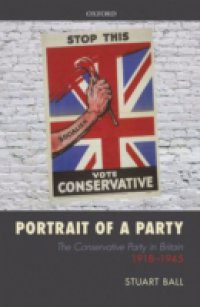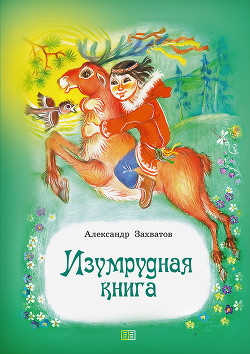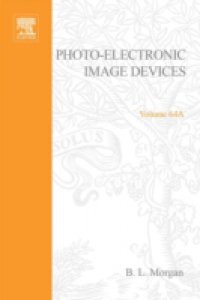The Conservative Party is the least investigated and understood of British political parties, despite its long record of success. Using an original approach and an unparalleled range of sources, Stuart Ball analyses the nature and working of the Conservative Party during one of the most significant and successful periods in its history. The creation of a democratic franchise in 1918 was followed by nearly three decades of Conservative dominance: it was the largestparty in the House of Commons and in government for almost 25 years between 1918 and 1945. Stuart Ball explores this remarkable record in a different way, by taking a thematic rather than a chronological approach. He begins with the foundations of Conservative principles, attitudes, and identities, and examines the nature of the party's electoral support. He investigates the Conservative Party as an organism, uncovering the composition, roles, and relationships of every level from the constituency grass-roots, through the party machine and the parliamentary ranks, to the CabinetMinisters and the Party Leader. Portrait of a Party is based upon a wide range of archives - including the personal papers of all five Party Leaders, nearly 50 Cabinet Ministers and 85 backbench MPs, party officials and others - combined with the rich resources of the national and regional records at theConservative Party Archive, and a major investigation to locate all the significant collections of local Conservative Association records in England, Scotland, and Wales: a total of 215 constituencies, from Truro to Inverness. These sources shed new light on topics which are essential to an understanding of British history in the inter-war period and the development the Conservative Party to the present day.






 10 (2)
10 (2) 













